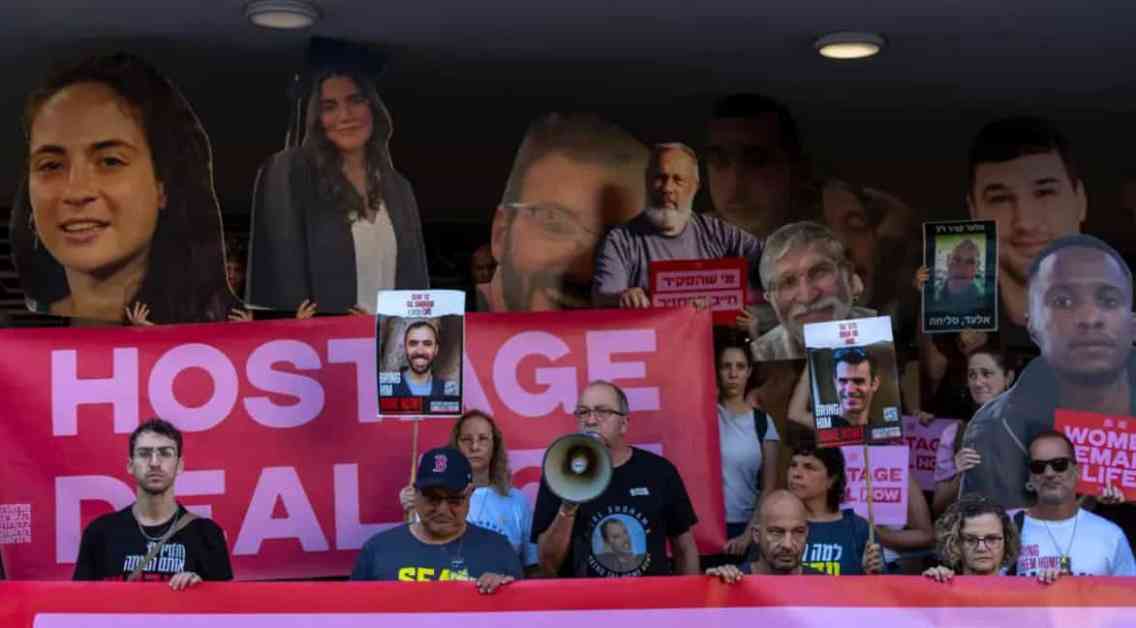International mediators are currently in talks to stop the ongoing Israel-Hamas conflict and secure the release of numerous hostages. This potential agreement is seen as crucial in preventing a larger regional war from breaking out.
The United States, Qatar, and Egypt recently met with an Israeli delegation in Qatar as the death toll in Gaza rose above 40,000, as reported by Gaza health authorities. While Hamas did not directly participate in these talks, they have accused Israel of introducing new conditions to a previous proposal that had support from the US and the international community, and to which Hamas had tentatively agreed.
White House National Security spokesperson John Kirby described the talks as a significant step and stated that they are expected to continue until Friday. However, he also highlighted the complexity of reaching a final agreement, indicating that there is still a lot of work to be done.
A ceasefire in Gaza is essential in reducing tensions in the region. Diplomats are optimistic that it could prevent Iran and Lebanon’s Hezbollah from retaliating against Israel for recent events, such as the killing of a top Hezbollah commander in Beirut and Hamas’ political leader in Tehran.
The mediators have been working on a three-phase plan that involves Hamas releasing hostages taken during the initial attack on October 7, which sparked the current conflict. This release would be in exchange for a lasting ceasefire, the withdrawal of Israeli forces from Gaza, and the release of Palestinian prisoners held by Israel.
While both sides have shown initial support for this plan, there have been disagreements over proposed amendments and clarifications. This has led to accusations from both sides about new demands that they find unacceptable.
Overall, the negotiations are crucial in preventing further escalation of violence in the region and finding a sustainable solution to the Israel-Hamas conflict. The outcome of these talks could have significant implications for the stability of the Middle East.












